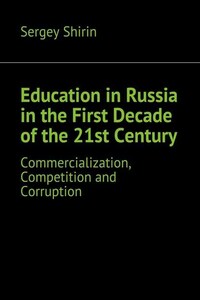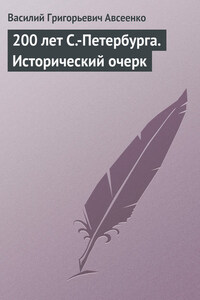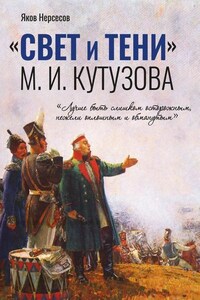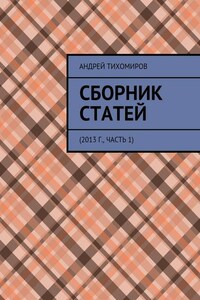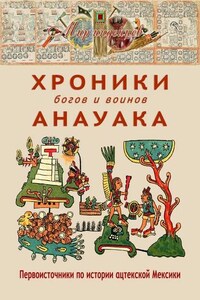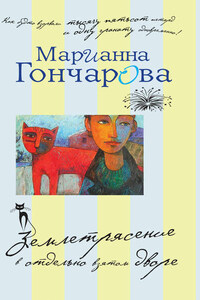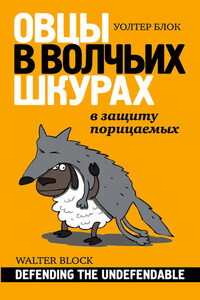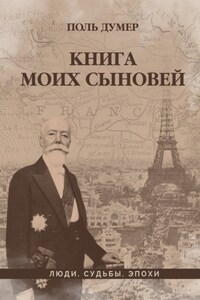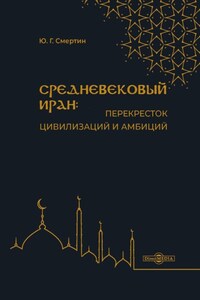The new law “On education in Russian Federation” that was adopted in December 2012 is considered by public opinion and by some experts as the law on commercialization of education which is directed against the excessive governmental control. Such control might result in violation of competition rights in educational processes and relations. Under contemporary circumstances, an urgent academic issue is the question of competition in Russian education system which is on the world Top-20. Does the new legislation bring any novelties into this field? To answer this question, we need first of all to understand to what extent Russian education had been corrupted before the new legislation started to be worked on.
Some scholars have already done their research of some aspects of this problem. E.G. Popkova, V.V. Chashchin, and D.V. Bogdanov point out that the amplification of the requirements for quality and level of education of the labor force leads to the formation of modern mechanisms of interaction between the labor market and educational services, which is put into practice in personnel marketing, which fundamental task is the creation of an attractive image of an enterprise, as an employer, to ensure its human resources activities with optimal quantity and quality. M. Esyutina, C. Fearon, and N. Leatherbarrow highlight some of the quality issues associated with the Bologna process and reflect on how the statements underpin quality of learning and mobility in a European higher education area context. They explore some of the issues raised from the documentation and examine some early experiences and challenges from a leading Russian university as part of a wider examination of higher education in a Russian context. M. Luk’Ianenko, O. Polezhaev, and N. Churliaeva explain that engineering education in Russia is undergoing reforms, but the history of this form of higher education does not indicate that it will succeed in bringing it into line with current world standards, or even making it more able to contribute at a high level to Russian economic growth. Some aspects of Russian educational policy are mentioned in the publications devoted to the whole spectrum of cultural policy or to foreign cultural policy of Russia. But there are almost no works specially devoted to the issue of competition in Russian educational market yet, except some social and demographic aspects. Academic discourse provides us with no specific conclusions about the extent of competition in educational market in Russia under the circumstances of the former educational legislation and in the common European context.
Meanwhile, one can find some works devoted to the assessment of the level of commercialization in some other countries during that period of time. Many of them are based on methodology proposed by the European Association of Education Law and Policy (ELA). Before its annual conference in 2009, this association sent out a questionnaire concerning different aspects of commercialization of education to interested people in European countries. The answers helped some academics who were members of the association to make their conclusions relevant for different European countries. Russia was not in that list. This monograph is an attempt to apply this method to Russia as the object of research. It consists of the questions from ELÁs questionnaire and of the answers to them.
Part 1. Competition law in education
1. Is providing free education a commercial service according to national legislation?
The term “educational service” is found in the Law of the Russian Federation (RF) “On education” №3266—1, dated 10 July 1992 in the articles and clauses devoted to paid education. Only three times in the text of the Law use of the term concerns not only paid education, but also a free one. In part 8, Article 19, it is stated: “Educational establishments according to agreements and together with enterprises, institutions, organizations may provide training to students as an additional (including paid) educational service.” Similarly, in part 4, Article 50 one can read that students of all educational establishments have the right to “receive additional (including paid) educational services.” Thus, paid services are only a part of a more general notion of “educational services”. So, free education can be regarded as a service, too, and it’s providing, according to part 8, Article 19, is possible “with a license (permission) to the specified activity” only. In addition, clauses 16 and 17, Article 28 place establishing the general principles of financing of educational services and financing of federal government educational institutions and educational services itself among the credentials of federal bodies of state authority in the field of education.
It turns out that education belongs to the sphere of services, rather than to the social sphere, regardless of being paid or free.
However, as the Law stipulates that educational organisations may be established in the legal forms provided by the civil legislation for non-profit organizations only (Article11.1 of the RF Law “On Education”), commercial organizations are not allowed to carry on educational activities and, therefore, education is not regarded as a commercial service.
2. Is providing paid education a commercial service according to national legislation?
RF Law “On education” №3266—1 dated 10 July 1992 stipulates the right of educational institutions to attract additional financial resources, within the limits of the procedure established by RF legislation, by selling additional educational and other services specified in the statutes of educational institutions (part 8, Article 41). But the fact of providing paid education services does not mean their commercial nature. To become commercial, they are necessary to be provided not just for attracting additional financial resources, but for profit. According to part 2, Article 46 paid educational activities are not considered as business, if the derived income is used for covering costs of the educational process (including salaries), its development and improvement in the educational institution. If there is no business activity, one can not speak about commercial services.
Article 46 applies only to non-governmental educational institutions. Federal and local government agencies are not free at the disposal of revenues from providing paid educational services at all. Revenues may be used in accordance with the statutory objectives only. Therefore, such institutions generally can not be considered as ones carrying out commercial activities by means of paid educational services. Their services, rather, should be recognized as non-profitable ones. In addition, Article 47 of the Law “On Education”, which determines the list of business activities of educational institutions, does not include the paid educational services in this list.
